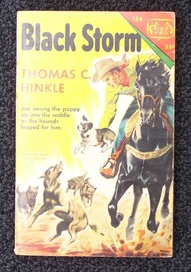 To be fair, four books is probably too many to recommend in one fell swoop. Even in a single, less pernicious swoop. Possibly in any nature of swoop, four is a lot of reading. I am scaling back. So here are three (3!) thematically-related recommendations. Even if you are NOT thinking about long open prairie vistas, inscrutable cattle, honest ponies, and other essential ranch bric-a-brac, I have some good books here. Stories about the American West never really fall out of fashion. The genre has been going strong for a century and more. And by genre, I mean those kinds of books Papa Joe was always happy to find in his Recorded Books packages from the library: straightforward tales where the reader knows what to expect. There will be good guys, bad guys, horses, handguns, a conflict somebody is likely to win. The lone hero loping through the saguaro cactus and purple sage in search of revenge? Yup. Masters of the genre include Zane Grey and Louis L'Amour, and more recently, Elmer Kelton. Though the following three books share some Western elements -- roving the open range, for instance -- these books do not fall in inside the boundaries of genre. They are not predictable, not straightforward, and not forgettable.
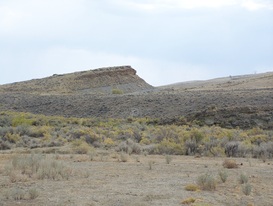 Writing about Wyoming, Annie Proulx (The Shipping News and Brokeback Mountain) ropes and wrangles the accent, the reticence, and the iron grit of the wildest state (sorry Texas!) in the lower 48. Proulx (pronounced "prue" btw) is one of those writers who holds very little truck with publicity (check out this Paris Review interview) preferring instead to do her work: which is to learn about stuff and then write about it and let readers do what they will. She's written three wide-ranging collections of Wyoming stories in recent years. Each of her story collections is great. Get this book, Bad Dirt, and put it in your car. Trust me, next time you are stuck in a waiting room, turn to one of Proulx stories -- these quick, searing sketches make a perfect short, smartening read instead of a round of whatever electronic distraction is sapping the strength these days. Carmac McCarthy is widely praised as one of the greatest living American novelists -- a fact that, shamefully, rouses my prejudice against the traditional white lions of American letters: John Updike, Joseph Heller, and Philip Roth are among the writers I should probably admire more, but don't. Despite the hype, Carmac McCarthy's work, including recent award-winners No Country for Old Men and the post-Apocalyptic The Road, earn the praise honestly. I like this earlier novel. It seems marginally less bleak -- as I read it -- than his later work. All the Pretty Horses (the name comes from the traditional lullaby) follows young John Grady Cole across the border to Mexico. It takes place around 1950, past the classic heyday of the cowboy, but the boy sets out for his adventure, his horse, and his heartbreak. Standard-enough sounding plot, but the writing--! McCarthy is not afraid to throw it out there in ways that break all kinds of writing rules: "They heard somewhere in that tenantless night a bell that tolled and ceased where no bell was and they rode out on the round dais of the earth which alone was dark and no light to it and which carried their figures and bore them up into the swarming stars so that they rode not under but among them and they rode at once jaunty and circumspect, like thieves newly loosed in that dark electric, like young thieves in a glowing orchard, loosely jacketed against the cold and ten thousand worlds for the choosing." Don't try writing that at home, kids. But do read it. 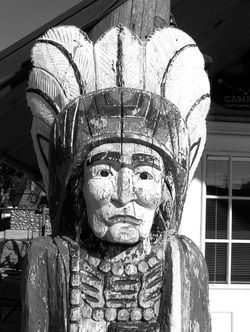 And with a view from across the aisle, Sherman Alexie... a poet and writer who grew up on the Spokane Indian reservation in Washington. His first book, Lone Ranger and Tonto Fistfight in Heaven, is a collection of related short-stories about Thomas Builds-the-Fire and Victor Joseph growing up on the rez. The boys play basketball, tell stories, try to make sense of the wreckage of their families. The heartbreaking part sneaks up on you -- the characters are deadpan funny about the realities of living under the not-so-benign rule of the BIA (Bureau of Indian Affairs) in a community racked by poverty and alcoholism: "It's hard to be optimistic on the reservation. When a glass sits on a table here, people don't wonder if it's half filled or half empty. They just hope it's good beer. Still, Indians have a way of surviving. But it's almost like Indians can easily survive the big stuff. Mass murder, loss of language and land rights. It's the small things that hurt the most. The white waitress who wouldn't take an order, Tonto, the Washington Redskins." Not a reader? (Okay, what the hecky-doodle are you reading this blog entry for? Extra points? Seriously?) Try the movie. Alexie, who is engaging, funny, telegenic, and clearly quite comfortable in the 21st Century (far more than Proulx or McCarthy-- his website and plenty of Youtube video as evidence) made one of the stories in Lone Ranger and Tonto into a lovely independent film called Smoke Signals. If it's not in your Netflix queue already, branch out a little already.
0 Comments
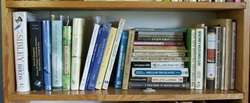 Trying to keep a lid on my enthusiasm for recommending books by theme: this time it's all about style. My mother and I used to stroll through her neighborhood when I visited. Walking and talking and discussing at the way people paint their shutters, how some people put in gardens and others let things run wild, we always looked into the windows as the daylight faded. Endlessly curious about the notion of home, she sometimes speculated about how the looks of a house might change the lives inside of it. "If I lived there," she'd say, "I'd be much neater." "Yes," I'd say. "And you'd have four perfect children." "No, I'd still have you two, but we would all be different." And that's how stories and style seem to me: the same plot goes very differently depending on the architecture and how the building is maintained. Here are a few of the more striking novel dwellings:
Self-Help is an early collection of Lorrie Moore's stories. Full disclosure: she was one of my writing teachers, and I still have a bit of a crush on her. She is so smart. So funny. She can make you laugh out loud even as she breaks your heart. Her use of second person (the "you" of self-help books) make these seem like stories shared person-to-person. If this is a house, it's a split-level ranch, and you are at the kitchen table sipping coffee from a heavy avocado-green mug while the owner confides something important and strange.
Later I found out that The Last Unicorn is a beloved underground classic, but when I was twelve, I stood in a bookshop in Rockland, Maine, and weighed it against The Worm Ouroboros. Lucky choice. I gobbled up this paperback with an uncomplicated and uncritical love, re-reading it countless times. And why not? Beagle pitches everything -- including a Lear-quoting butterfly and a magician named Schmendrick -- in beautiful, mock-high-heroic language. This book is not so much a house as a garden where you hear an old-fashioned ballad performed with perfect pitch, as, say Celia Pavey. I picked up Nocturnes for the King of Naples on a whim. I liked the cover. It was published in 1978, and I read it around the time I was also first hearing about AIDS. It's a novel about lost love told in an unwavering fever-pitch of metaphor and beautiful language. Not homey, not cozy, this house, but astonishing: "A wind said incantations and hypnotized a match flame out of someone's cupped hands. Now the flame went out and only the cigarette pulsed, each draw molding gold leaf to cheekbones." And that sprawling Victorian Gothic revival mansion behind the fence? The one that nearly lured me back to grad school at least twice? That's Possession, a novel that follows two parallel stories: a pair of modern-day English scholars and a pair of Victorian poets. The former are investigating the latter, racing against a crass American and others to discover the mystery behind the poets. Byatt created a body of work for both of the Victorians (poetry and stories and letters and diary entries galore) and the way she shifts between the modern and the Victorian has made me by turns envious, greedy, and swoony with admiration. As a reader, it's like one open-house after another, with realtors offering bowls of candy while perspective buyers stroll around and admire or not. You can even try out a stint in that stark modern minimalist place on the hill, or spend a week or so at that the lakeside cottage. For a writer, the view can be a lot more daunting. Yeah, sure, you think, I can make me a stout little log cabin, but whoa -- the Great Camp Sagamore? Um, well. But you close the book, stop blogging, and try to get some work done.  Only four books? Irony aside, it's a start. There's an enormous stack of books I want to tell everyone to read, right away. Surprising stories. Amazing writing. With a four-book limit, there's a bit of constraint on this impulse. The theme this time: a crazy little thing called -- well, you know.
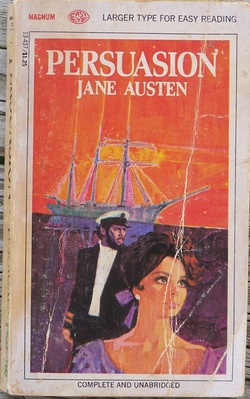 Love is a little thing shaped like a lizard./ That runs up and down and tickles your gizzard. Or so they* say. Persuasion is my favorite of the Austen novels. In the interest of honesty, I have to say that this cover <---MIGHT have colored my first reading of the story, back in junior high. Who knew it was a classic? Still, I stand by my affection for this novel, even over Pride & Prejudice and Sense & Sensibility. Why? Well perhaps because, unlike so many "romantic" stories, there is a pretty strong possibility that the two lovers will NOT get together. Plus, the emotional connection makes sense: they are attracted not just because of a pair of fine eyes or a lovely face, but because of their history, how they act under pressure, and what they hope to become. In Fingersmith, the love story sneaks up on a reader. This brick-thick book, set in the 1850s in England, begins with a nod to Oliver Twist and then piles on the suspense and complications of a dastardly plot to steal a family fortune. Betrayal, twists of identity, and the fate of two orphan girls in this milieu that denies the most basic of rights to female people -- this is the best of suspense. Conventional expectations about love and happy endings get a good cage-rattling (or at least mine did) when the story comes to its conclusion. Endless Love, on the other hand, explores that most traditional of romances: first love of boy meeting girl and losing her. Complete with all the sexual frankness and over-the-top emotionality that makes our teen years a joy to behold (...from the safety of an artillery bunker). Though it was made into a rather dreadful movie with a baby Brooke Shields, the book is feverish, compelling, beautiful, and sad. Hemingway said it: "When two people love each other, there can be no happy ending." At 120 pages, Abel's Island is a miniature masterpiece about survival and finding meaning in the wild world. A gently bred young mouse is whisked away from his beloved by a big storm, and spends a year alone, trying to escape his predicament. With eloquent illustrations by the author, of New Yorker cartooning fame. * In this case, the "They" who rhyme lizard with gizzard is a character in a book by Madeleine L'Engle. Not her most famous book, A Wrinkle in Time, but from a novel about the very square Austin family, A Ring of Endless Light. Because there are always more books...
These four novels share a few obvious characteristics: they are set in London in the years around the World Wars, they follow the adventures of young women coming into their own in a challenging social milieu and were written by women near those times. These were contemporary novels of their day. Cold Comfort Farm, particularly, is one of novels I return to and recommend time and again. Written in part as a satire of the dreary melodramatic agricultural novels (those of best-selling Mary Webb for one, and to some extent, D.H. Lawrence) of the time -- 1932 -- the novel is full of wonderful writing and invention. We should all be so lucky as to have Flora Poste applying the Higher Common Sense to our problems: " 'Nonsense!' said Flora. 'Nature is all very well in her place, but she must not be allowed to make things untidy.'" The spritely 1996 film version is also well worth watching. I found Rebecca Hume at a used book store, and having some vague recollection of the name (it's shameful what large chunks of history are missing from my education), I brought it. Of course, I know now that (Dame) Rebecca West was one of the intellectual lights of her time, a reporter, essayist and novelist, who drew on her affair with H.G. Wells for this odd little novel, which she subtitled "A London Fantasy." Not that this is a roman-a-clef, instead, it's a surreal story about a woman who is granted a telepathic view into her lover's mind -- not at all a blessing. While it's not a book I return to, it's one of those original stories that surprises and lingers. Mary Renault's The Bull from the Sea and A Mask for Apollo are just two of a series of compelling historical novels set in Ancient Greece that made the rounds every other year or so through my book-loving family. Bringing to life the stories of Theseus, Alexander the Great, the Peloponnesian Wars, Renault fueled my (our) interest in archeology, mythology, and the classics of Western Civ. In contrast, The Friendly Young Ladies parallels Renault's own life during the end times of the British Empire: it's the story of a girl who runs away to London to spend time with her estranged older sister. Like Renault herself, the older sister is working as a writer and living with a woman. The subtleties of the older sister's love-life escape the younger sister (as they also, evidently, proved too subtle for some reviewers at the time), to humorous effect, but the novel is not so much about sexuality as about decisions on making a decent life, taking responsibility and generally, growing up. It's surprising to imagine this book published in 1944, when Radcliffe's Well of Loneliness was still banned as pornography in the UK, and "sexual inversion" was considered criminal and corrupt. I'd heard about this novel, but didn't find it until Vintage Books reissued The Friendly Young Ladies in 2003, twenty years after Renault died. Making me grateful once more to be living now, here. Although Dodie Smith is famous for writing The One Hundred and One Dalmatians, she worked primarily a playwright. She wrote I Capture the Castle while living in Pennsylvania in the 1940's, homesick for England. I first read this novel at age eleven or twelve; it was one of my mom's books. The narrator's determination to write despite the slow grind of genteel poverty -- well, I'd say it inspired me, but that doesn't quite cover my pre-teen identification with young Cassandra, living in a crumbling castle with her sister and her mad father and her dramatic, odd, nature-loving step-mother. 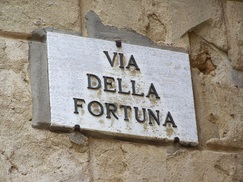 I've been e-free for two weeks: no cell phone, no e-mail, no Twitting or Tumbling, very little television, and zero consulting of the Google. I carried an actual paper notebook, a smoothly-writing pen, and my camera. It was only strange for the first two days. I could just as easily blame the strangeness on travel as much as having all that freed-up time and no pings of contact from the wider world. Even though I won the economy-class lottery jackpot (a solo seat in the AB aisle meant that I was able to sleep flat, curled up tight as a bean on the flight from Philly to Roma), the change of location and time is still a shock to the system. Not brag-complaining. It took a few days for my handwriting to regain some of its bygone neatness –– much typing in the past few months. Time stretched: without an online Scrabble game or random link to visit, it was just me and my paper, and my eyes looking around. I gobble up books while traveling. Self-control for any bookworm requires an attempt to regulate the hours spent with a nose in a book. Trying to keep a lid on it, I permit reading on the treadmill, for an hour before sleep or at noontime, and, of course, any time on a plane or a train or when someone else is driving. Not having an e-reader, I prepared for this trip as usual: my carry-on bag is well stocked. I fear running out of words before running out of time. On the connection into Philly, I gulped down Gail Caldwell’s memoir Let’s Take the Long Way Home. It starts, heartbreakingly, with, “It’s an old, old story: I had a friend and we shared everything, and then she died, so we shared that, too. “ I bawled my eyes out.  As for the rest of the airplane time there and back again, it went in a series of swoops and flights: Kristin Cashore's Bitterblue and Vanesssa Diffenbaugh's The Language of Flowers, and my favorite of the trip, Eleanor Brown's The Weird Sisters. I've got a lot to say about that -- whole pages in my travel journal -- but it will wait for another day. Here in the real world, back on my own side of the big pond, my e-connections are buzzing and glowing. 283 e-mails. 14 voice messages. 22 Facebook notifications, 134 e-mails on the other address, and 12 voice messages on the other phone. Winnowed down: four good e-mails, six valuable phone messages, and a lot of gossip on Facebook. How many minutes would it have been for me to check these things during these e-free days? |
About the Blog
A lot of ground gets covered on this blog -- from sailboat racing to book suggestions to plain old piffle. FollowTrying to keep track? Follow me on Facebook or Twitter or if you use an aggregator, click the RSS option below.
Old school? Sign up for the newsletter and I'll shoot you a short e-mail when there's something new.
Archives
June 2024
Categories
All
|
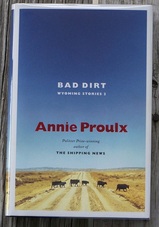
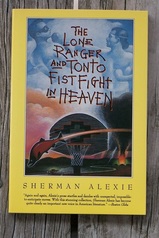
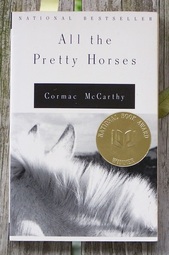
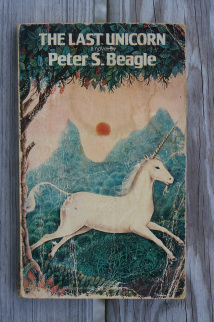
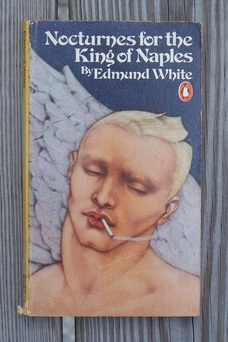
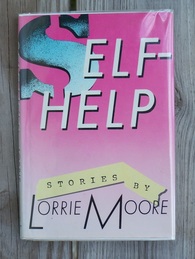
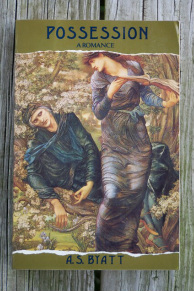
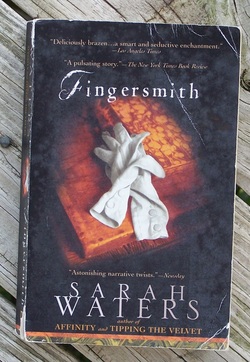
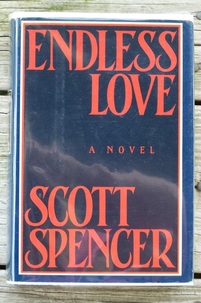
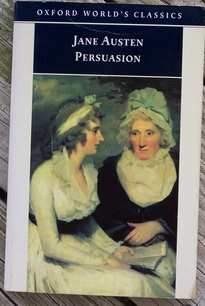
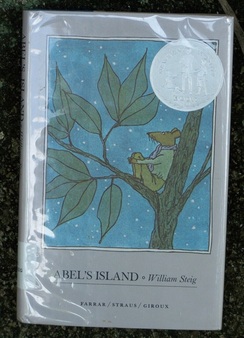
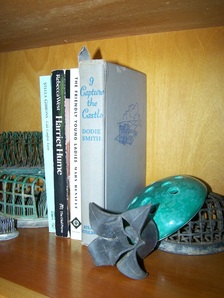
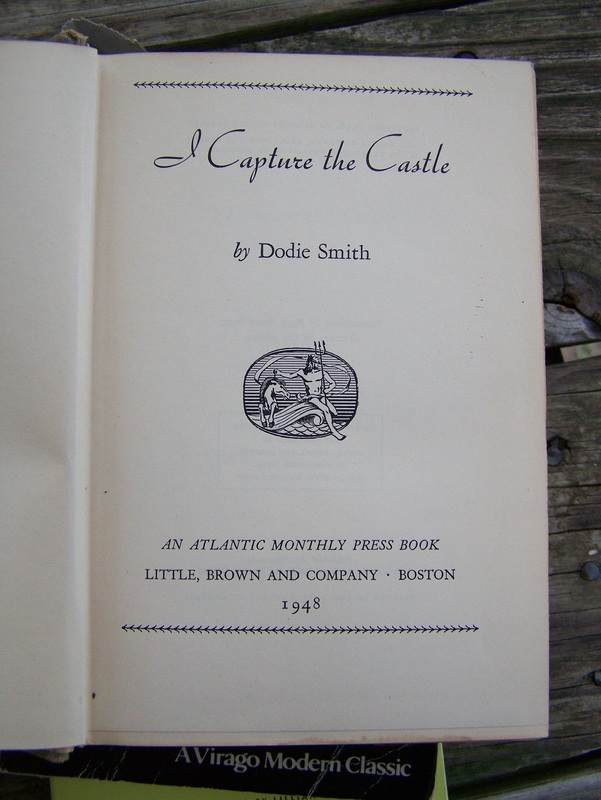
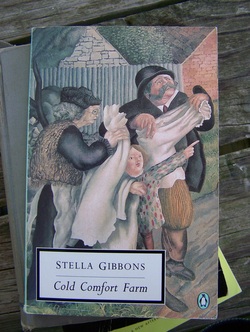
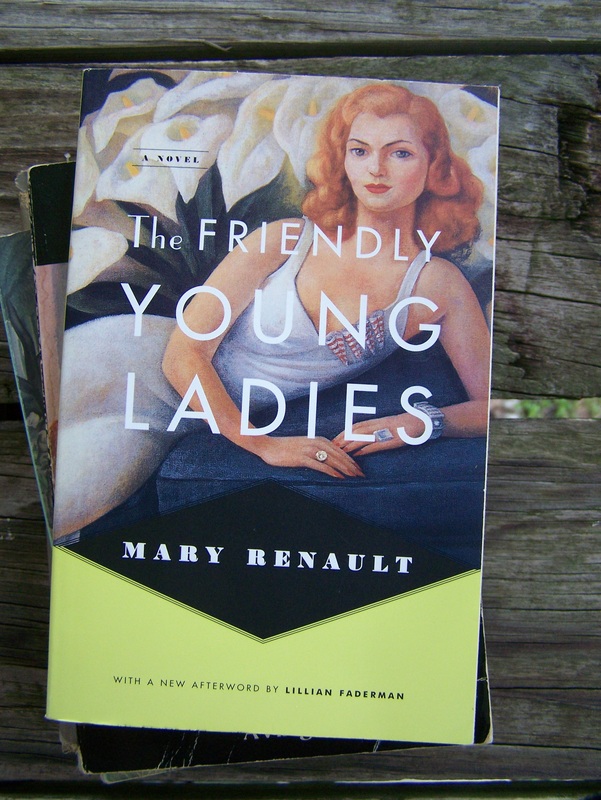
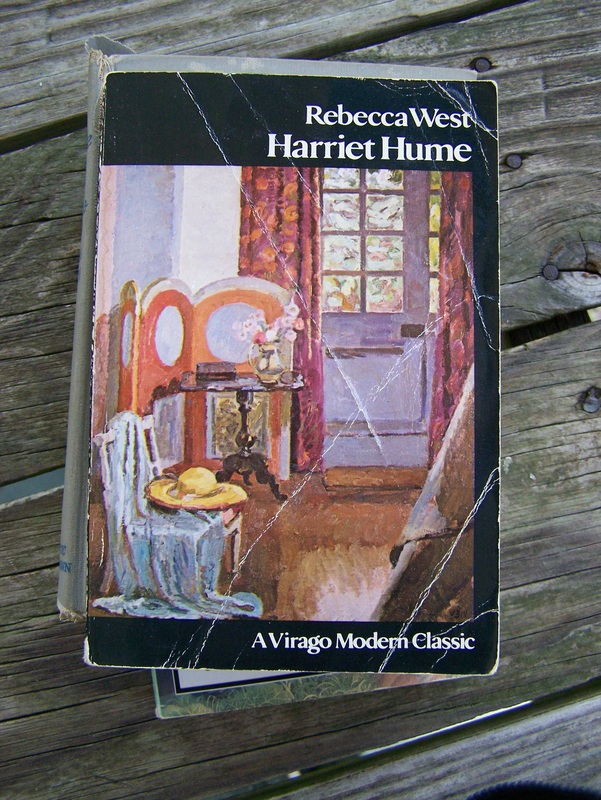
 RSS Feed
RSS Feed
